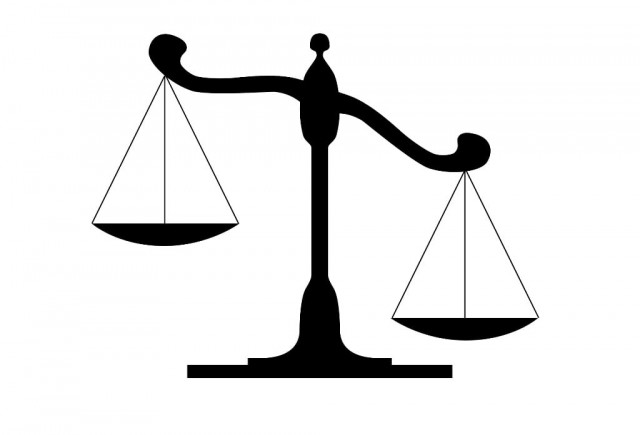Kansas becomes latest US state to stop courts from using Sharia
New bill draws flak from Muslim groups. Prevents Courts from using it, other foreign laws.

The law has been dubbed the "Sharia bill" because critics say it targets the legal code proscribed by Islam. Sharia, or Islamic law, covers all aspects of Muslim life, including religious obligations, financial dealings and social contracts. Opponents of the ban say they could nullify wills or legal contracts between Muslims reached by following the Sharia.
Supporters said the law will reassure foreigners in Kansas that state laws and the US Constitution would protect them. Opponents said it singled out Muslims for ridicule and was unnecessary because American laws prevail on US soil.
Sherriene Jones-Sontag, a spokeswoman for the governor, said in an e-mail that the bill "makes it clear that Kansas courts will rely exclusively on the laws of our state and our nation when deciding cases and will not consider the laws of foreign jurisdictions."
Legislators supporting the bill said there were many cases around the country where judges or state agencies cited Sharia law in deciding cases, especially those involving divorce-related custody and property matters where Islamic code differs from US law.
The Council on American-Islamic Relations (CAIR) in Washington denounced the Kansas law and said it is considering legal action.
About 20 states have considered similar legislation but the Kansas law is the only one signed in recent weeks, council spokesman Ibrahim Hooper said.
"It's unfortunate the governor chose to pander to the growing Islam-phobia in our society that has led to introduction of similar unconstitutional and un-American legislation in dozens of state legislatures," Hooper said.
Hooper said legislators have often referred to Sharia law in supporting such legislation, but he said they take the word out of the bill to stave off legal challenges. The Kansas bill does not mention Sharia specifically.
Federal courts had earlier struck down an Oklahoma law which voters approved in 2010 and barred state judges from considering Sharia law in making decisions. The court called the law discriminatory.



















COMMENTS
Comments are moderated and generally will be posted if they are on-topic and not abusive.
For more information, please see our Comments FAQ